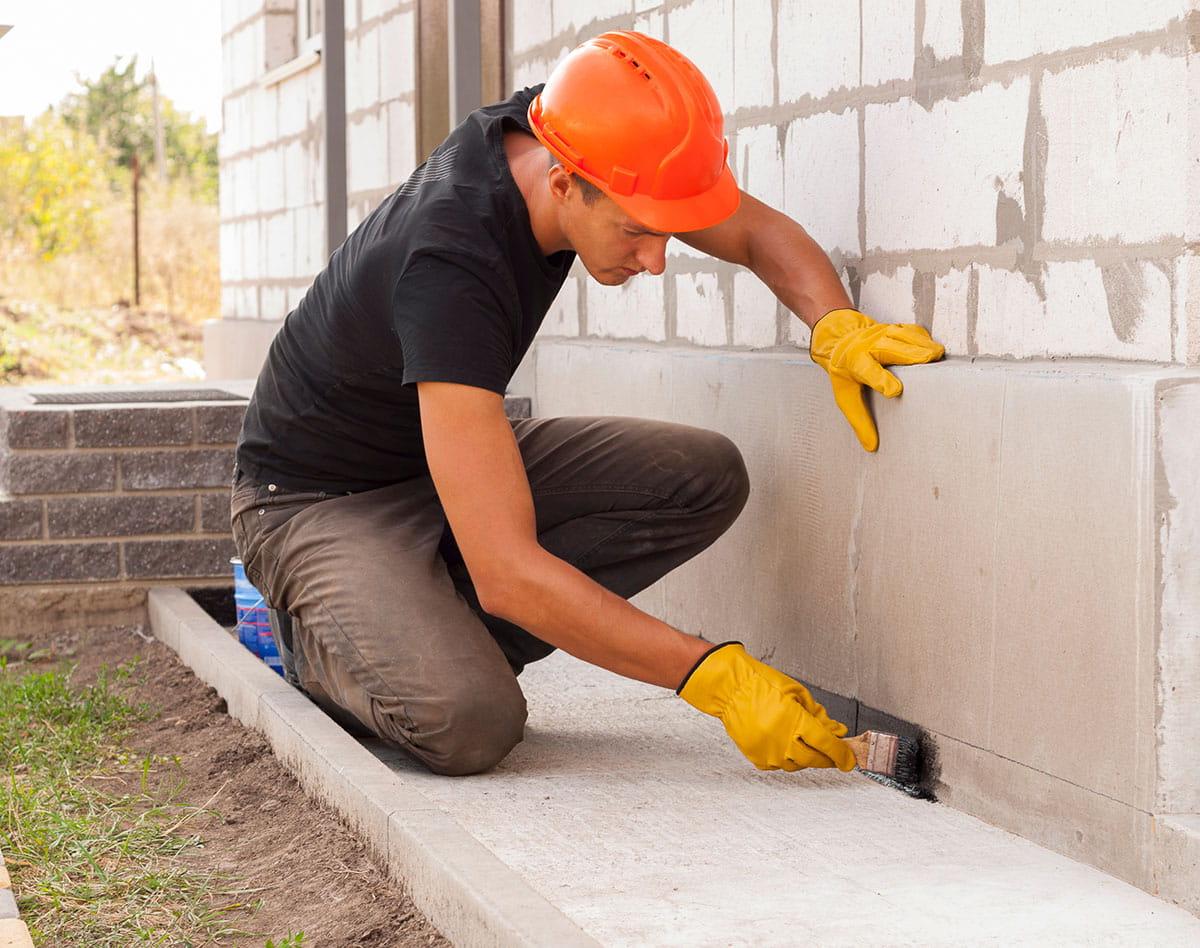
When it comes to installing all-weather insulation, homeowners face the decision of whether to take on the project themselves (DIY) or hire professionals. Both have their merits and drawbacks.
DIY Installation:
– Cost Savings: DIY installation can be less expensive as you save on labor costs.
– Personal Satisfaction: Completing the installation yourself can provide a sense of accomplishment.
– Flexibility: You can work at your own pace and on your own schedule.
However, DIY installations can be challenging, especially for those who are not handy or familiar with construction practices. Inadequate installation can also lead to reduced effectiveness of the insulation, which can affect the home’s energy efficiency.
Professional Installation:
– Expertise and Experience: Professionals have the necessary skills and knowledge to install insulation correctly.
– Time Efficiency: Professional installation is typically quicker than DIY.
– Guarantees and Warranties: Many companies offer guarantees and warranties on both the material and the labor.
Professional installation is recommended especially for materials like spray foam or when special equipment is needed, as in the case of blown-in cellulose.
Before installing insulation, there are several factors to consider to ensure optimal performance:
– Assessment of Current Insulation: Evaluate the existing insulation in your home. Identify areas that lack sufficient insulation or where insulation may be damaged.
– Climate Zone: Consider your climate when choosing the type of insulation. Materials that work well in one climate might not be as effective in another.
– R-Value Requirements: Make sure the insulation meets local building code requirements for R-value, which measures resistance to heat flow.
– Cost vs. Benefit: Weigh the upfront costs of materials and installation against potential energy savings over time.
Proper planning and consideration can greatly improve the chances of a successful insulation project, enhancing the comfort and energy efficiency of your home all year round. By choosing the right insulation for your climate and ensuring it is installed correctly, either by yourself or a professional, you can enjoy the full benefits of all-weather insulation.